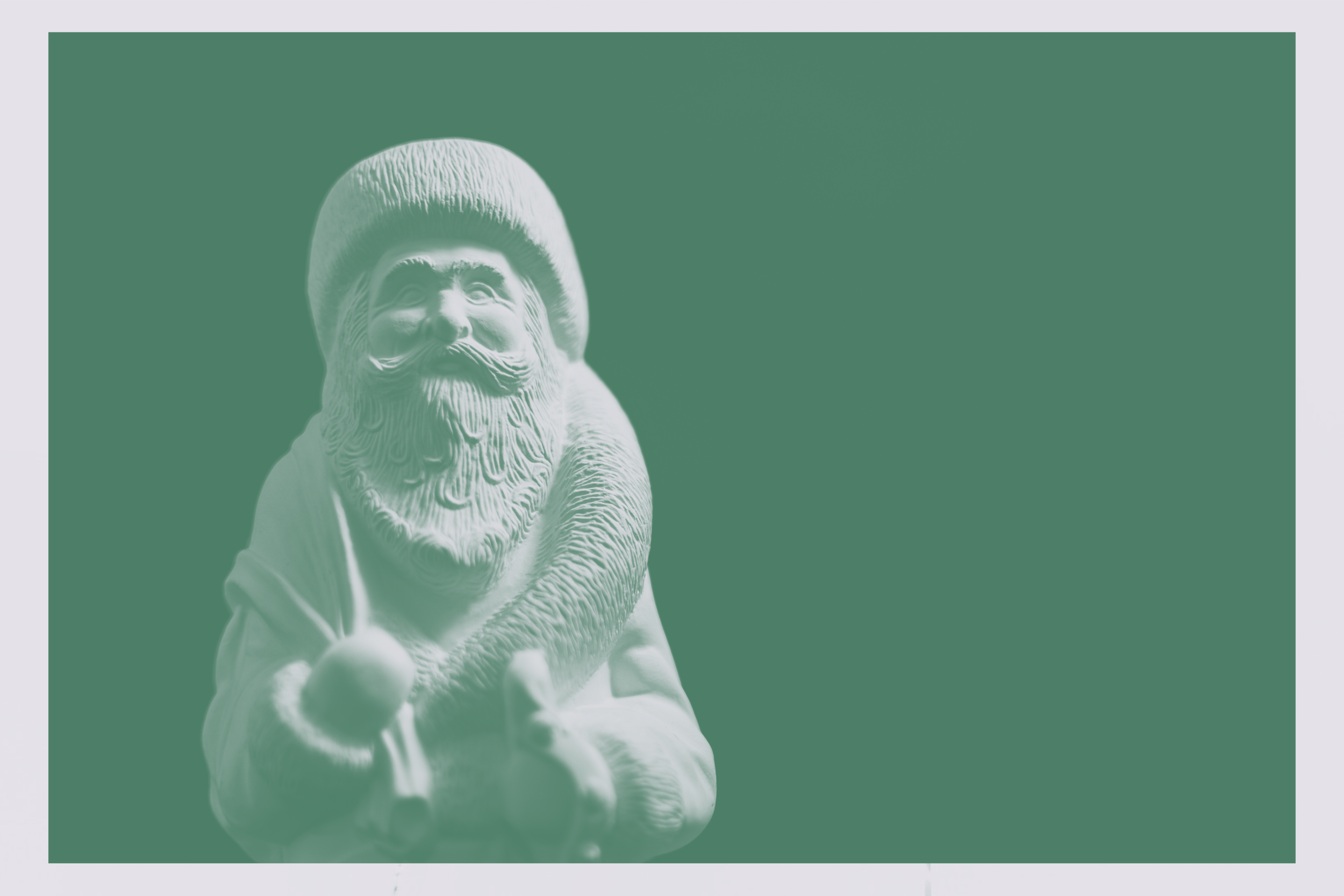Who Stole Christmas: Pagans, Christians, or Seculars?
Every year it seems our world gets draped in decorations for Christmas, and every year we face something of an awkward tension: what exactly are we celebrating? Is Christmas Pagan, Christian, or Secular?
Around December every year you’ll hear rumblings in the media that long before Coca Cola swapped a Christian holyday for a secular holiday, Christians were the ones who stole Christmas, transposing the nativity scene onto December 25 in order to plaster over a pagan festival.
The usual claim goes something like this: as paganism wained and Christianity was on the ascendency in the 4th century AD, Emperor Constantine simply coopted an already existing pagan holiday—whether Saturnalia, or the Solis Invictus festival—and baptised December 25 as Jesus’ birthday. But the history isn’t that simple.
December 25 in the Roman Empire marked the Winter Solstice according to the Julian calendar. Saturnalia, the wild week-long festival celebrating the god of agriculture, finished days before, so no problems there. Where things get tricky is that the Sol Invictus festival celebrating the birth of the unconquered sun; that is linked to December 25. But the Sol Invictus cult was only successfully established by Emperor Aurelian in 274 AD, and the first surviving record of the Sol Invictus festival comes from a calendar in 354 AD, some 80 years later.
By contrast, it seems that Christmas has an earlier provenance. Whilst our earliest sources for the First Noel—the gospel according to Matthew and the gospel according to Luke—mention no details from which we can ascertain Jesus’ actual birthday, the Christian thinkers Hippolytus and Julias Africans had begun to associate Jesus’ birth with December 25 from the early 200’s AD, and it seems that the church in Rome was officially celebrating Christmas by 336 AD.
So Christians may have stolen the date from the pagans, or the pagans might have tried to ride the coattails of Jesus’ popularity as the Son of God to worship the Sun God. Either way, we don’t really know who claimed the date first. We don’t know who stole Christmas.
Which is why I don’t get finicky with the re-secularisation of Christmas today. Sure, the rampant materialism that neglects the poor, the wasteful commercialisation to the detriment of the planet, and the gluttony that harms our bodies; all of those are a blight on the spirit of Christmas. But people are free to choose which story they inhabit.
No one has a monopoly on December 25. But for Christians the date should be largely irrelevant. Sure, there is a 1 in 365 chance that December 25 really was Jesus’ birthday, but there is a reason why the gospels don’t think it important enough to spell out. When we celebrate doesn’t matter. The date is just a container. What we celebrate, the contents of Christmas, that is what matters.
What I find fascinating about the history of Christmas—whether pagan, Christian, or secular—is the wonder that unites the festivals. Whether it is the pagan personification of natural forces with the gods, celebrating the role of spiritual beings in the world, or the mythical figure of Santa Claus raining down presents from above, at Christmas we all seem drawn to celebrate the victory of the dawn over the dark.
It is as though something deep within us wants to believe that there could be more than the monotonous drudgery of a closed materialistic universe. For some reason we want to believe in the magic of Christmas. But why?
Well, setting aside the truth question of whether Christmas is a hoax or history, which is something for another video, I want you to imagine for a moment that the Christian story really did happen. The virgin conception. The Bethlehem birth. The angels to the shepherds. The baby in a manger. According to the Christian story, Jesus is heaven’s answer to the deepest questions of life.
As we are asking what life is all about, Jesus’ supernatural arrival into our material universe is what illuminates that there is meaning is our cosmos, re-enchanting an otherwise nihilistic existence.
As we are asking whether God is even real, the first noel sung by the angels announces God’s first steps onto the stage of planet Earth, having written himself into the human drama by becoming one of us in Jesus.
As we are asking whether God cares about us in a world full of suffering, the first cries of God incarnate give voice to Heaven’s answer, as God comes to be with us in our pain—Immanuel.
As we are asking what God is like, the humility of the nativity scene, where Jesus slept in a feeding trough having been born to peasant parents, shatters any egotistical stereotypes of God.
As we are asking whether there is any hope for a world gone wrong, the coming of the light of the world—the dawn of the eternal Son—breathes hope that Heaven is coming to make all things new.
So forget bland historical arguments about the date, or who was first. Don’t get caught up on which traditions have the right origin story.
Instead, this Christmas, why not take the time to look into Jesus with fresh eyes, and see whether in the contents of the Christian story, the baby swaddled in a dusty manger, you find the answers you’ve been searching for to life’s deepest questions.


